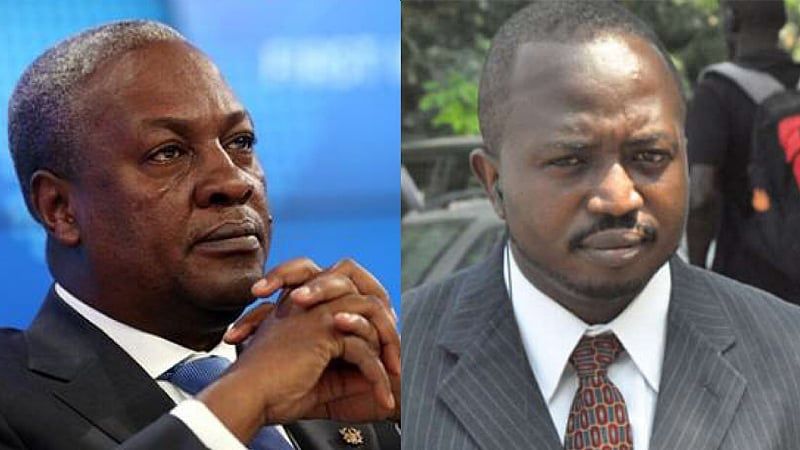Ghana’s 1992 Constitution, the bedrock of its Fourth Republic, is under scrutiny once again. President John Dramani Mahama, fulfilling a campaign promise, has established a Constitutional Review Committee tasked with recommending amendments to strengthen the nation’s democratic framework. This initiative follows previous attempts at constitutional reform, notably the 2010 Constitution Review Commission and the 2023 Constitution Review Consultative group, both of which yielded recommendations that, according to some analysts, were not fully implemented. The current committee, chaired by renowned legal scholar Professor H. Kwesi Prempeh, is charged with revisiting unresolved issues from these prior efforts and proposing concrete solutions within five months. Their mandate encompasses addressing critical governance challenges, including public accountability, decentralization, and the overall efficacy of existing frameworks.
The composition of the eight-member committee reflects a blend of legal expertise, academic scholarship, and practical experience in governance. Alongside Professor Prempeh, the committee includes Justice Sophia Adinyirah, Professor Kwame Karikari, Mrs. Charlotte Osei, Dr. Godwin Djokoto, Ibrahim Tanko Amidu, Dr. Esi Ansah, and Dr. Rainer Akumperigeya serving as secretary. The presidency has emphasized that the selection of these individuals underscores President Mahama’s commitment to engaging individuals with proven expertise, a history of national service, and a strong dedication to good governance. This strategic selection aims to ensure a comprehensive and balanced approach to the review process, leveraging the diverse backgrounds and perspectives of the committee members.
However, the composition of the committee has drawn criticism from some quarters, including Stephen Atubiga, a former member of the NDC and a vocal critic of President Mahama. Atubiga argues that the committee lacks representation from crucial segments of Ghanaian society. He contends that the voices of farmers, traders, drivers, artisans, vendors, and representatives from various political parties, traditional authorities, and religious groups should be included to ensure a truly representative review process. This critique highlights the ongoing debate regarding the balance between expert-driven reform and broader societal input in shaping constitutional amendments. The question remains whether the existing committee, while composed of respected individuals, adequately captures the diverse perspectives and interests of all Ghanaians.
The core objective of the constitutional review is to enhance democratic governance and address inherent weaknesses within the current constitutional framework. Key areas of focus include bolstering public accountability mechanisms, refining the decentralization process to empower local governance, and strengthening institutional frameworks to ensure effective checks and balances. The committee is expected to draw upon the findings and recommendations of previous review efforts, critically evaluating their implementation and identifying areas where further action is required. This approach aims to build upon past efforts and ensure that the current review process leads to tangible and sustainable improvements in Ghana’s governance structures.
The presidency has affirmed its commitment to carefully considering the recommendations put forth by the committee. This assurance is crucial to ensure that the review process is not merely an academic exercise but translates into concrete policy changes. The government’s willingness to engage with the committee’s findings will be a key determinant of the ultimate success of this initiative. The broader public discourse surrounding the review process will also play a vital role in shaping public opinion and ensuring that the proposed amendments reflect the aspirations of the Ghanaian people. Ultimately, the success of this constitutional review hinges on a collaborative effort between the committee, the government, and the citizenry.
In essence, the current constitutional review process in Ghana represents a renewed effort to strengthen the nation’s democratic foundations. The committee, composed of distinguished individuals with diverse expertise, is tasked with addressing critical governance challenges and proposing concrete solutions within a defined timeframe. While the composition of the committee has drawn some criticism regarding its representativeness, the government’s commitment to considering the committee’s recommendations offers a glimmer of hope for meaningful change. The success of this endeavor will ultimately depend on the collaborative engagement of all stakeholders and the translation of recommendations into tangible policy reforms that enhance Ghana’s democratic governance.














